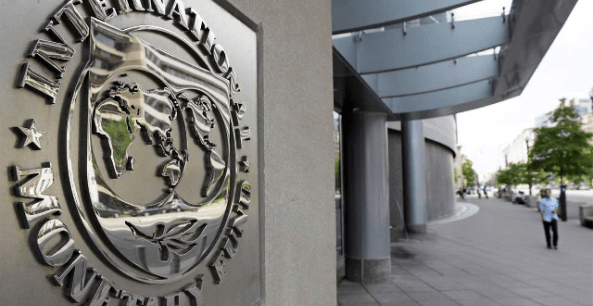The International Monetary Fund (IMF) has projected a significant reduction in Nigeria’s foreign reserves, estimating a drop to $24 billion by 2024. This forecast, detailed in the IMF’s latest country report for Nigeria, signals potential challenges for Africa’s largest economy.
As of February 8, 2024, data from the Central Bank of Nigeria (CBN) showed the country’s foreign reserves at $33.12 billion, indicating a substantial decline according to the IMF’s projections.
The IMF attributed the decline in reserves to various factors, including a surplus in the current account during the first half of 2023, offset by a notable decrease in reserves. This downturn has been linked to reduced hydrocarbon exports due to theft and inadequate investment in essential upstream infrastructure.
Furthermore, profit repatriation from the oil sector has contributed to the decline in reserves, although it has partially offset the adverse effects on the current account. Additionally, low Foreign Direct Investment (FDI) and increased portfolio outflows, including equity and Eurobond repayments, have further strained the country’s financial account.
The IMF anticipates a challenging period for Nigeria’s financial account through 2024–25, characterized by an absence of new Eurobond issuances, significant repayments of existing funds and Eurobonds totalling $3.5 billion, and continued portfolio outflows.
Despite projecting a current account surplus, the IMF expects officially reported reserves to decline to $24 billion in 2024 before gradually recovering to $38 billion by 2028 as portfolio inflows pick up.
The IMF emphasized the importance of effectively managing Nigeria’s external financial obligations and navigating the external financial landscape to secure and expand foreign reserves in the coming years.
Nigeria currently faces significant challenges with foreign exchange illiquidity, impacting its ability to clear its forex backlog and depreciating the value of the naira. In response, the CBN has undertaken reforms to address the backlog of foreign exchange forwards, leading to an infusion of over $1 billion in liquidity into the FX market.
These ongoing reforms and efforts to attract foreign investment and strengthen the oil sector are critical for enhancing Nigeria’s appeal to foreign investors and bolstering its foreign reserves, essential for stabilizing the economy and ensuring growth.











